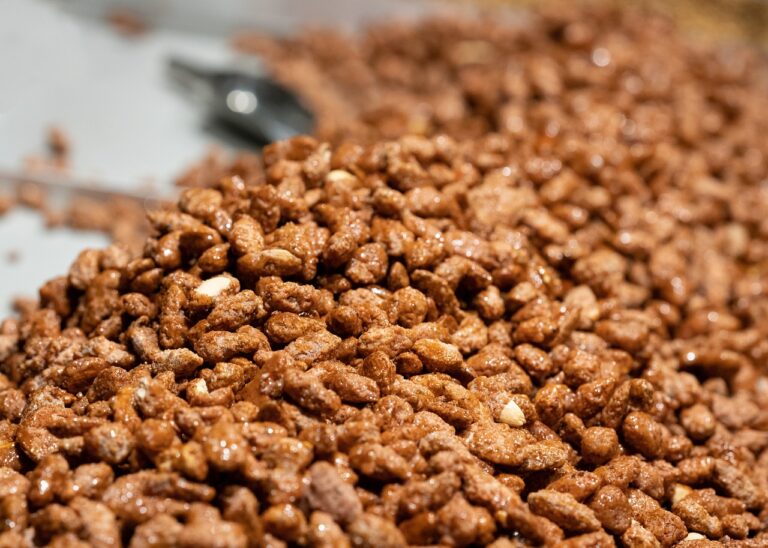The Impact of Artificial Intelligence in Food Production
Artificial intelligence (AI) has revolutionized various industries, including food production. From enhancing efficiency to improving food safety, AI has transformed the way we produce, process, and distribute food products. In this article, we will explore the significant impact of artificial intelligence in food production.
Increased Efficiency
One of the primary benefits of integrating AI in food production is the increased efficiency it offers. AI-powered systems can streamline operations, optimize processes, and reduce waste, ultimately leading to cost savings for food manufacturers. By utilizing AI algorithms to analyze data and make decisions, companies can enhance productivity and improve overall efficiency.
Improved Quality Control
AI technology enables food producers to implement robust quality control measures throughout the production process. By utilizing machine learning algorithms to inspect and analyze food products, companies can identify and eliminate defects, ensuring that only high-quality products reach consumers. This not only enhances consumer trust but also minimizes the risk of recalls due to safety concerns.
Enhanced Food Safety
Ensuring food safety is a top priority for food producers, and AI plays a crucial role in enhancing safety measures. AI-powered systems can detect contaminants, pathogens, and other hazards in food products, enabling manufacturers to take immediate action to prevent potential risks. By leveraging AI technology, food producers can proactively monitor and improve food safety standards, ultimately safeguarding consumer health.
Optimized Supply Chain Management
AI has revolutionized supply chain management in the food industry by enabling real-time tracking, forecasting, and optimization of resources. AI-powered systems can analyze data from various sources to predict demand, manage inventory levels, and optimize transportation routes. This level of insight and automation helps food companies reduce costs, improve delivery times, and minimize waste throughout the supply chain.
Sustainable Practices
AI technology plays a vital role in promoting sustainability in food production. By analyzing data on resource usage, energy consumption, and waste generation, AI systems can identify opportunities to implement more sustainable practices. From precision agriculture to reducing food waste, AI enables food producers to make informed decisions that minimize environmental impact and promote sustainable operations.
Enhanced Personalization
AI-driven technologies have also opened up new possibilities for personalized food production and distribution. By collecting and analyzing consumer data, AI systems can create customized food products, packaging, and marketing strategies tailored to individual preferences. This level of personalization not only enhances the customer experience but also strengthens brand loyalty and competitiveness in the market.
FAQs
1. How is AI used in food production?
AI is used in food production to enhance efficiency, improve quality control, ensure food safety, optimize supply chain management, promote sustainable practices, and drive personalized experiences for consumers.
2. What are the benefits of integrating AI in food production?
The benefits of AI in food production include increased efficiency, improved quality control, enhanced food safety, optimized supply chain management, sustainable practices, and personalized experiences for consumers.
3. How does AI contribute to sustainable food production?
AI contributes to sustainable food production by analyzing data on resource usage, energy consumption, and waste generation to identify opportunities for implementing more sustainable practices. From precision agriculture to reducing food waste, AI enables food producers to make informed decisions that minimize environmental impact.
Overall, artificial intelligence has had a profound impact on food production, transforming the industry and driving innovation. By leveraging AI technology, food producers can enhance efficiency, improve quality control, ensure food safety, optimize supply chain management, promote sustainability, and provide personalized experiences for consumers. As AI continues to evolve, the future of food production looks promising, with endless possibilities for advancement and growth.







